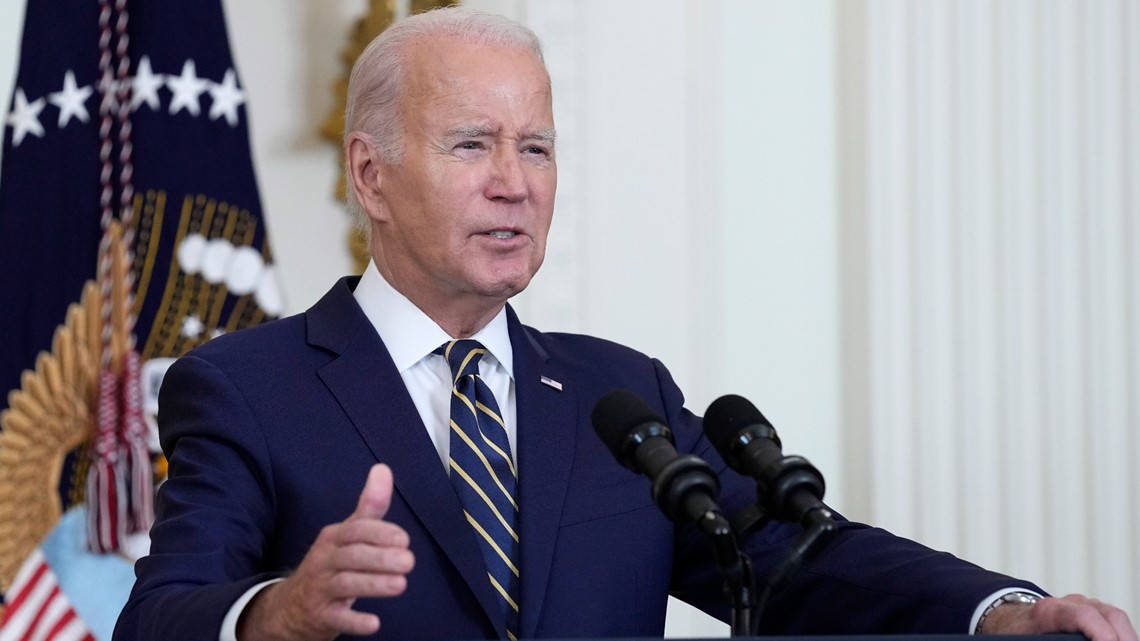On Monday, the Biden Administration announced the finalization of a new regulation aimed at ensuring that the 175 million Americans with private health insurance can access affordable mental health services.
This regulation builds upon the 2008 Mental Health Parity and Addiction Equity Act, which mandates that insurers and corporate-sponsored health plans provide access to mental health care services on the same terms as other medical services. However, the administration noted that many Americans still face barriers to care; studies indicate that less than half of U.S. adults with mental health conditions were able to access treatment in 2020, while nearly 70% of children with mental health needs could not receive care.
A significant contributing factor to this issue is the inadequate coverage of mental health providers by insurance plans, which often leads to high out-of-pocket costs or discourages patients from seeking care altogether.
The final rule, initially proposed last summer, seeks to address these gaps by requiring health insurers to evaluate which mental health providers are covered by their plans, the compensation those providers receive, and the frequency of prior authorization requests for coverage. This could potentially incentivize health plans to include more mental health providers in their networks, according to a senior administration official. Most aspects of the new regulation are set to take effect in 2026.
According to White House Domestic Policy Advisor Neera Tanden, patients enrolled in private health plans incurred an average of $1,500 annually in out-of-pocket costs for mental health care—twice the amount paid by individuals without mental health conditions. This discrepancy often arises when patients seek coverage from out-of-network providers.
“It shouldn’t be harder for you to find a provider that can treat your eating disorder than it is to find a provider who can treat your ulcer,” emphasized Lisa Gomez, Assistant Secretary at the U.S. Department of Labor.
The Department of Labor oversees corporate-sponsored health plans under the Employee Retirement Income Security Act (ERISA) of 1974. In October, the ERISA Industry Committee, representing U.S. employers with large health plans, expressed concerns to the Department of Labor, arguing that the new rule could impose additional cost burdens on employer-sponsored health plans and raise overall healthcare expenses for enrollees.




